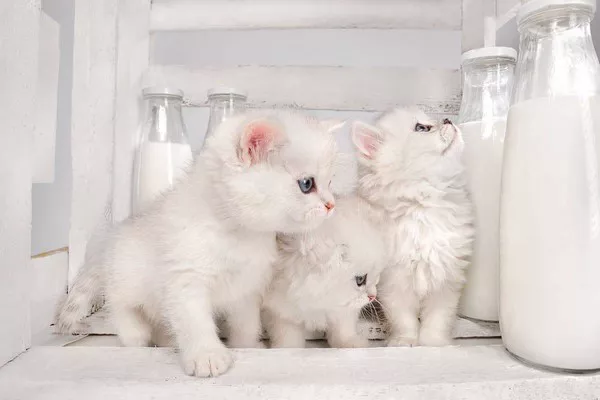The British Shorthair cat, known for its distinctive appearance and charming demeanor, has gained immense popularity among cat enthusiasts. However, like any breed, these feline companions are not immune to health issues. In this article, we will delve into the health aspects of British Shorthair cats, exploring common problems and providing insights into their well-being.
Overview of the British Shorthair
Before delving into health concerns, it’s crucial to understand the unique characteristics of the British Shorthair. Recognized for their round faces, sturdy build, and dense, plush coat, these cats are known to be easygoing and adaptable. However, their physical traits can also contribute to specific health considerations.
Genetic Predispositions
Genetics play a significant role in the health of British Shorthair cats. The breed is predisposed to certain hereditary conditions, such as hypertrophic cardiomyopathy (HCM), a heart disease that can affect felines. Responsible breeding practices are essential in minimizing the risk of genetic disorders within the British Shorthair population.
Respiratory Issues
The British Shorthair’s distinctive facial structure, characterized by a short nose and prominent cheeks, can contribute to respiratory challenges. Brachycephalic breeds, including the British Shorthair, may experience difficulties in breathing, especially in extreme temperatures or stressful situations. Owners should be mindful of their cats’ respiratory well-being and provide a suitable environment.
Obesity Concerns
The British Shorthair’s tendency to have a robust build makes them susceptible to obesity. This breed enjoys a relaxed lifestyle, and coupled with their love for food, weight management is crucial. Owners should monitor their cats’ diet and engage them in regular play to prevent obesity-related health issues, such as diabetes and joint problems.
Dental Health
British Shorthair cats are known for their charming smiles, but oral health is a crucial aspect often overlooked. The breed can be prone to dental issues, such as gingivitis and periodontal disease. Regular dental care, including brushing and providing dental treats, is essential in maintaining the overall health of a British Shorthair cat.
Urinary Tract Health
Another consideration for British Shorthair owners is the potential for urinary tract issues. Some cats of this breed may be prone to conditions like urinary stones or infections. Adequate hydration through wet food and access to fresh water can contribute to a healthy urinary tract system.
Skin and Coat Conditions
The plush coat of the British Shorthair is a defining feature, but it also requires attention to prevent skin and coat issues. Regular grooming is essential to minimize the risk of matting and to check for signs of skin problems. Maintaining a clean environment and a balanced diet can positively impact the health of their skin and coat.
Allergies in British Shorthairs
Like many other cat breeds, British Shorthairs can develop allergies. These allergies may manifest as skin irritation, digestive issues, or respiratory problems. Identifying and eliminating potential allergens from the cat’s environment, such as certain foods or cleaning products, can help manage and prevent allergic reactions.
Routine Veterinary Check-ups
To ensure the overall health and well-being of a British Shorthair, regular veterinary check-ups are paramount. Routine examinations allow veterinarians to detect potential health issues early on, providing an opportunity for timely intervention and preventive care. Vaccinations, parasite control, and dental assessments should be part of the routine veterinary care for British Shorthair cats.
Conclusion: Nurturing a Healthy British Shorthair
In conclusion, while the British Shorthair is a robust and charming breed, it is not exempt from health considerations. Responsible ownership, including a balanced diet, regular grooming, and veterinary care, is key to ensuring the longevity and well-being of these beloved feline companions. By staying informed and proactive, British Shorthair owners can provide the best possible care for their furry friends, fostering a life of health and happiness.
Related Topics:
British Shorthair: Breed Profile, Characteristics & Care
Do British Shorthair Cats Get Along with Others? You Need to Know
British Shorthair Cats and Breathing: Facts or Myths


























